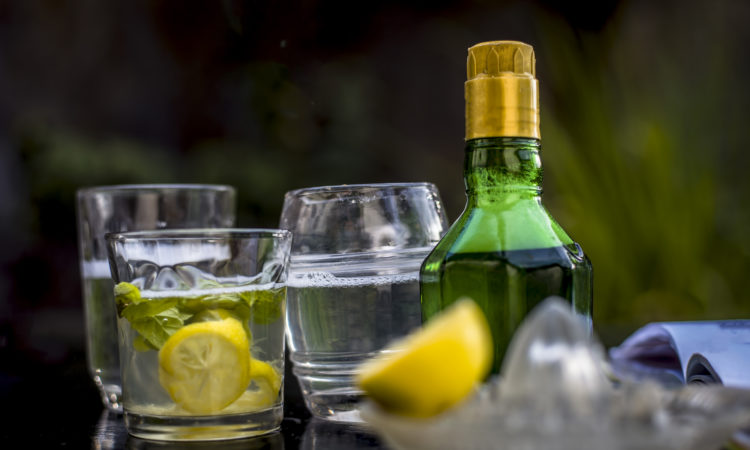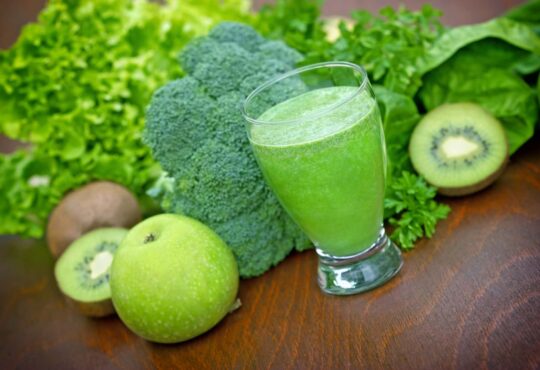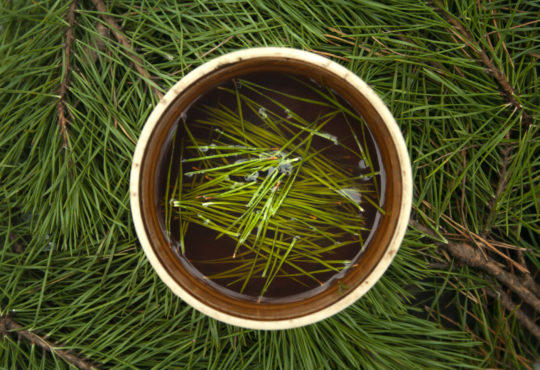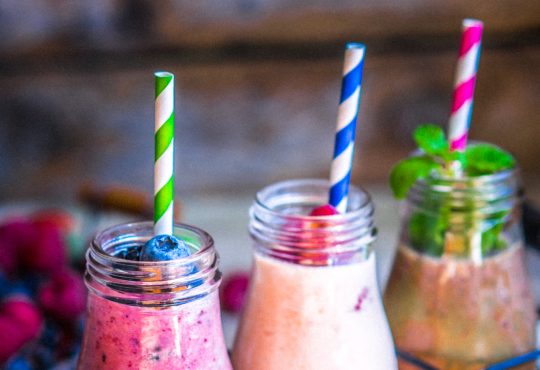
One of TIME MAGAZINE’s “Top 25 Most Influential People on the Web” takes small doses.
He’s Kevin Rose, founder of Digg and co-host of The Random Show with Tim Ferris.
After uncovering the original ingredient that made people happy when they drank 7-Up, he began taking it daily.
No, NOT cocaine! That was in Coca-Cola.
In 1929, Charles Grigg launched Bib-Label Lithiated Lemon-Lime Soda. Its name became 7-Up because 7 is the atomic weight of lithium, rounded up.
Grigg marketed his product as a cheer-up soft drink – and we now know that’s backed up by science. Until 1948, 7-Up contained lithium citrate.
Actually, Grigg was far from the first to sell a lithium drink.
Judge Bowden began selling lithium spring water in 1887, distributing the same water that drew such celebrities as Mark Twain and Presidents Theodore Roosevelt, Cleveland, McKinley and Taft to the nearby Lithia Vapor Baths resort.
Large doses of lithium are used to treat bipolar disorder. It also helps reduce aggression, violence and substance abuse.
Perhaps because lithium is associated with such medical conditions, many people don’t consider how it could help them as well.
What is Lithium?
It’s the lightest of all the metals, an alkali element first isolated in 1817.
It’s a natural, highly reactive mineral found in almost all rocks, but is distributed unevenly around the world. In some areas, more of it leaches into the drinking water than in other areas.
Most of the large deposits are found in salt beds in Tibet, China, Bolivia, Chile and Argentina. The United States does contain significant amounts, but they’re now owned by Tesla, to make batteries.
We don’t really know how much lithium human bodies require. The current estimate is around 1-3 mg per day.
Of course, it’s incredibly important in our high tech world which runs on lithium batteries. It also creates the color red in fireworks displays.
Studies of Areas with Lots of Lithium in the Water
In a 2010 study of all 99 districts of Austria, researchers found: the more lithium in the local drinking water, the lower the local suicide rate.
That was also true of the suicide mortality rate. That is, the more lithium in the water, the more likely suicide attempts were to fail.
In a 2020 study, researchers from Brighton and Sussex Medical School (BSMS) and the Institute of Psychiatry, Psychology & Neuroscience at King’s College London examined data from Greece, the United States, Japan, the United Kingdom, Italy and Lithuania.
They also concluded: the more lithium in the water, the lower the suicide rates – and the rates of fatal suicide attempts.
Lithium has Major Effects on Our Brains
Other studies link lithium to a lower risk of Alzheimer’s and other forms of dementia. It activates pathways that may slow cognitive decline and the aging process.
It appears to help prevent or reverse the beta-amyloid plaques and tangles found in the brains of deceased Alzheimer’s patients.
In one study, rats were given lithium, then had their brains injured. The rates given lithium had 50% less brain damage than the control group.
It may also protect your brain by:
* Intensifying activity of neurotransmitters
* Raising amounts of brain-derived neurotrophic factor
* Thickening the cerebral cortex
* Increasing the density of the gray matter
* Enlarging the hippocampus – your memory center
Lithium Also Increases Longevity
It inhibits the enzyme glycogen synthase kinase-3 (GSK-3).
We need GSK-3, but too much of it is correlated with rapid aging, including chronic diseases such as Alzheimer’s, Type II diabetes and some cancers.
Lithium inhibits GSK-3 overactivity.
Studies have shown roundworms given low-dose lithium lived longer.
Roundworms and fruit flies given higher doses of lithium lived 46% longer.
Foods With High Amounts of Lithium
They include:
* Cereal grains
* Potatoes
* Tomatoes
* Cabbage
* Legumes – beans, peas and lentils
* Mushrooms
* Cucumbers
* Cauliflower
* Pistachios
* Thyme
This does vary tremendously with the location they were grown, however. Foods raised in areas of the world with relatively large amounts of lithium have relatively more lithium in them.
That’s also true of groundwater.
Supplemental Lithium
If you have bipolar or other serious emotional disorders, seek professional help. (That’s worth repeating.)
7-Up’s original slogan was the promise to “take the ouch out of the grouch.”
If you’d just like the improve your grouchy mood and, perhaps, slow down aging and reduce your risk of dementia, you may want to take supplements of lithium. These, of course, contain much less than prescription medications.
Some doctors suggest from 5 mg to 10 to 20 mg daily, often split into morning and night.
Kevin Rose takes just 1 mg twice daily. He uses it in liquid form because the capsules contain at least 5 mg.
Supplemental lithium is frequently bound to orotic acid, creating lithium orotate. That increases the lithium’s bioavailability, and side effects at these low levels are uncommon.
Warning:
Although a lot more research needs to be done, there’s plenty of evidence small amounts of lithium do help ordinary people feel better and, perhaps, live longer. That’s why Kevin Rose takes 1 mg in the morning and 1 mg at night, he told an interviewer.
Small amounts of lithium have been in our water, our grains, our potatoes, and our vegetables since forever, with no evidence of harm.
However, large amounts of lithium can be toxic – even fatal. Doctors prescribing the high amounts needed to treat people with emotional or mental problems have to monitor their patients for safety.
If you have any of those problems, see a professional.
Do NOT take medicinal-level quantities of lithium unless you’re under the care of a doctor who has prescribed it to you.
https://www.lifeextension.com/magazine/2020/7/anti-aging-effects-of-lithium
https://www.youtube.com/watch?v=TzGV3CidVWY
https://www.amenclinics.com/blog/understanding-the-differences-between-lithium-and-lithium-orotate/
https://www.ncbi.nlm.nih.gov/pmc/articles/PMC6443601/
https://bengreenfieldfitness.com/podcast/biohacking-podcasts/the-kevin-rose-podcast/
https://www.sciencedaily.com/releases/2020/07/200727145824.htm
https://pubmed.ncbi.nlm.nih.gov/21525518/
https://www.youtube.com/watch?v=DJlf08s-JcI
https://www.youtube.com/watch?v=M3vI3VEJmzs
https://drjohnday.com/6-foods-reverse-aging-lithium/





